And so, after twelve seasons and twenty-four years, Larry David’s Curb Your Enthusiasm has finally come to an end. Opinion online has been divided as to the effectiveness of the ending, in which, spoilers, Larry is placed on trial in Atlanta for inadvertently breaking the Electoral Integrity Act by offering a voter a bottle of water in the line; a rare act of kindness he suffers for.
It was an intentionally low-key ending that can nonetheless allow for callbacks to early episodes and brief returning cameos from the guest stars who have somehow been maligned, offended or otherwise dismayed by Larry’s antisocial antics in the previous quarter-century. These include none other than a suspiciously youthful-looking Bruce Springsteen, reappearing via the medium of Zoom for a brief but sweary cameo that reminds the viewer — as if it was necessary — that David is a very well-connected man both on-screen and off.
The episode will probably not go down in Curb’s hall of fame, but it is nonetheless an enjoyable, witty and consistently amusing hour of television that also serves as something of a mission statement for the show. Not only is it entitled “No Lessons Learned,” but it features a moment early on in which Larry all but breaks the fourth wall, as he gleefully declares to a small boy that, “I’m seventy-six years old and I have never learned a lesson in my entire life!”
This remains true of the character, just as it did for the cast of its spiritual predecessor Seinfeld, in which the central rule for its quartet of ill-matched New Yorkers was “No hugging, no learning.” If you turned on the finale of Curb expecting that Larry would somehow be redeemed and that the episode would end in a blizzard of embraces and tears, soundtracked by Coldplay’s “Fix You” — well, you’ve got the wrong show.
The remarkable career of Larry David as both writer and actor must be one of the most significant evolutions within American television comedy. He began as co-creator, executive producer and lead writer on Seinfeld, but only made brief and largely inconsequential appearances in the show in a variety of cameo roles, despite being the basis for the George Constanza character. Although he had small parts in a couple of Woody Allen films, Radio Days and New York Stories, and appeared on Saturday Night Live several times in the 1980s, he was generally regarded as a writer who occasionally acted, rather than a peerlessly talented comic performer. Then he took the lead in Curb Your Enthusiasm, and a star was born.
The central joy of watching the Larry David personality as seen on screen is that he has all the hallmarks of the performer as seen in interviews — a certain grouchiness, leavened with Brooklyn wit — but elevated, or lowered, to the levels of sublime comedy. He harks back to everyone from Peter Sellers to Archie Bunker in the way in which Larry is gloriously, consistently blind and deaf to all social norms and mores, pursuing his own whims and inclinations and everyone else around him can go hang. Viewers of the first season must have known that they were onto something special from the third episode, “Porno Gil,” which featured Bob Odenkirk as a retired “adult-movie” actor named Gil Bang and ends with Larry watching one of Gil’s pictures in the house of his friend and manager Jeff, only for Jeff’s perpetually outraged parents to walk in on him; his reaction is not the usual outrage and embarrassment, but merely a childlike pleasure that he has an audience to share his experience with.
It helps, of course, that the supporting cast, including Cheryl Hines as Larry’s wife, Jeff Garlin as Jeff and numerous appearances by well-known guest stars — not least Ted Danson, and of course the late Richard Lewis — remains on point, allowing Larry to have a variety of actors to spark off in his misanthropic and paranoid rantings. Yet it is the central performance, which bizarrely never won an Emmy or Golden Globe despite numerous nominations, which remains one of the most compelling, and hilarious, ever seen on American television. David swears that this really is the end of Curb Your Enthusiasm, and unfortunately we have to take this at face value.
Still, given that Larry has already died at the end of season five and been sent back to earth by Dustin Hoffman and Sacha Baron Cohen, following an argument over his DVD filing system, there is every possibility that the show may yet be revived in some form. After all, if this finale teaches us anything, it is that nobody — least of it its gleefully inimitable star — has ever learned a lesson, and that making grand plans to end his masterpiece may go the way of every other resolution he has made, after all.



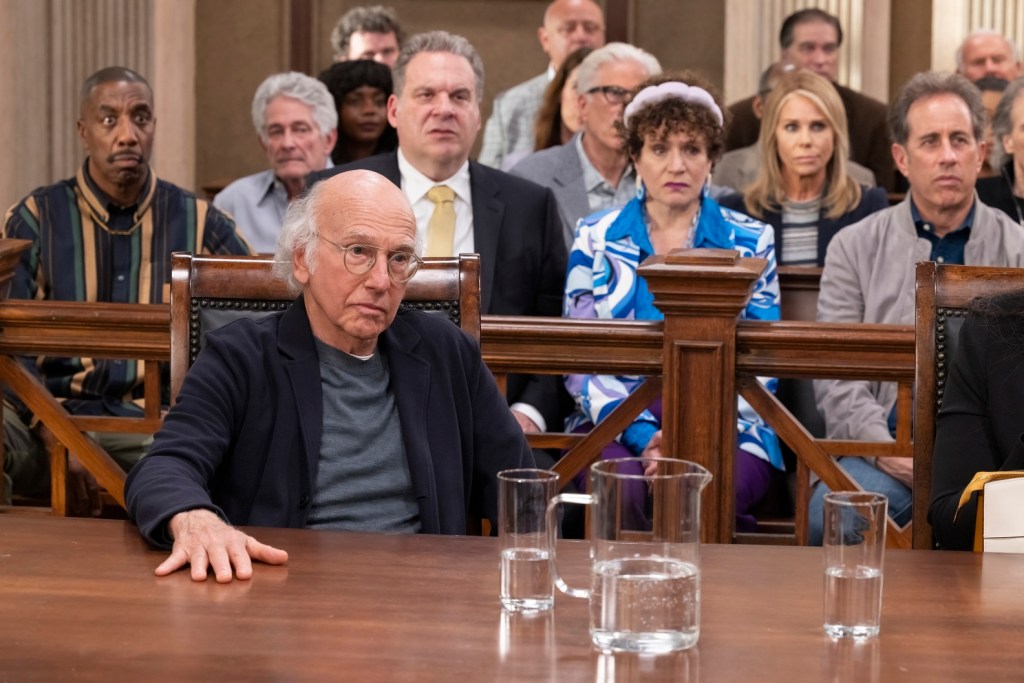





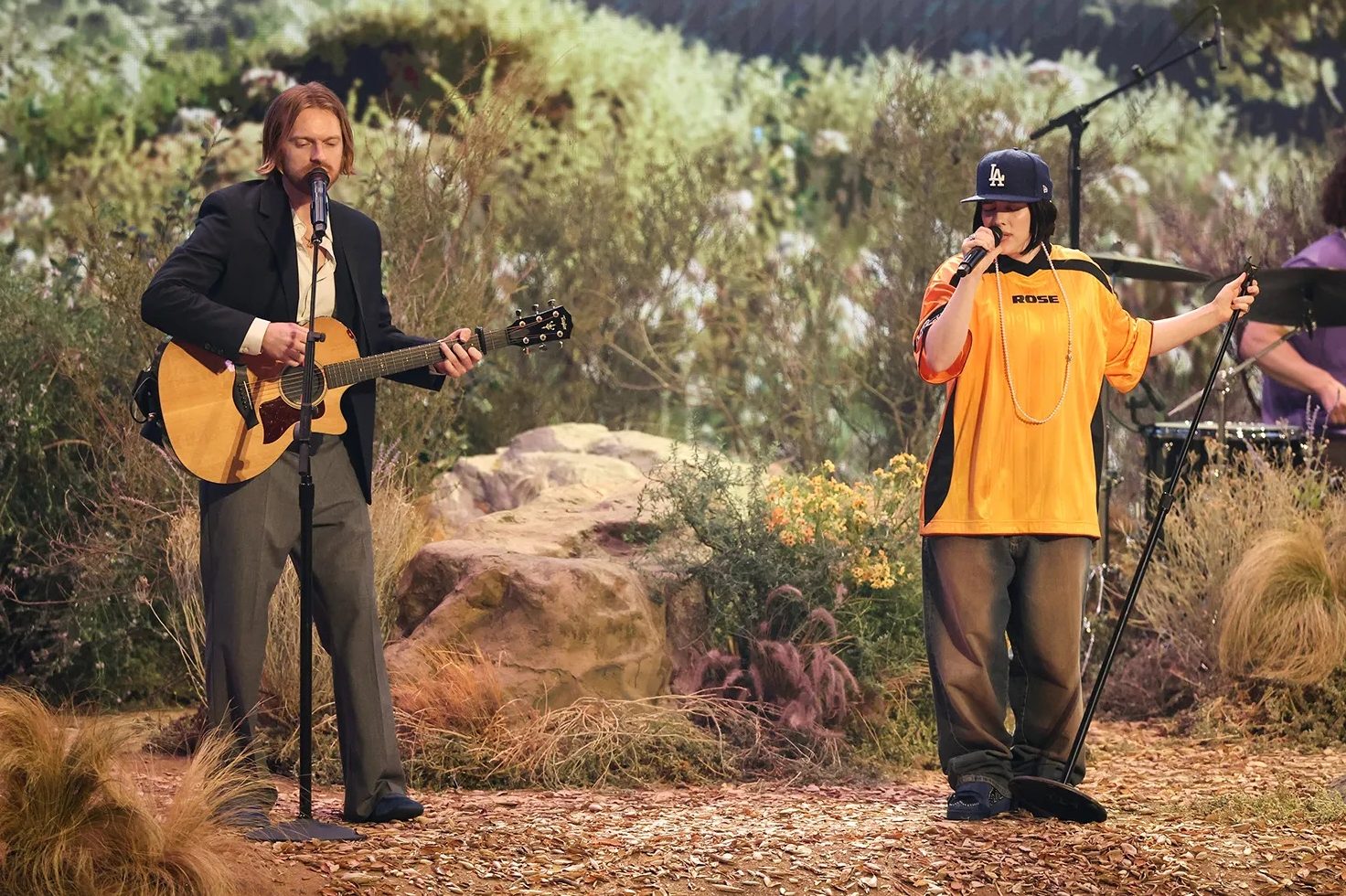
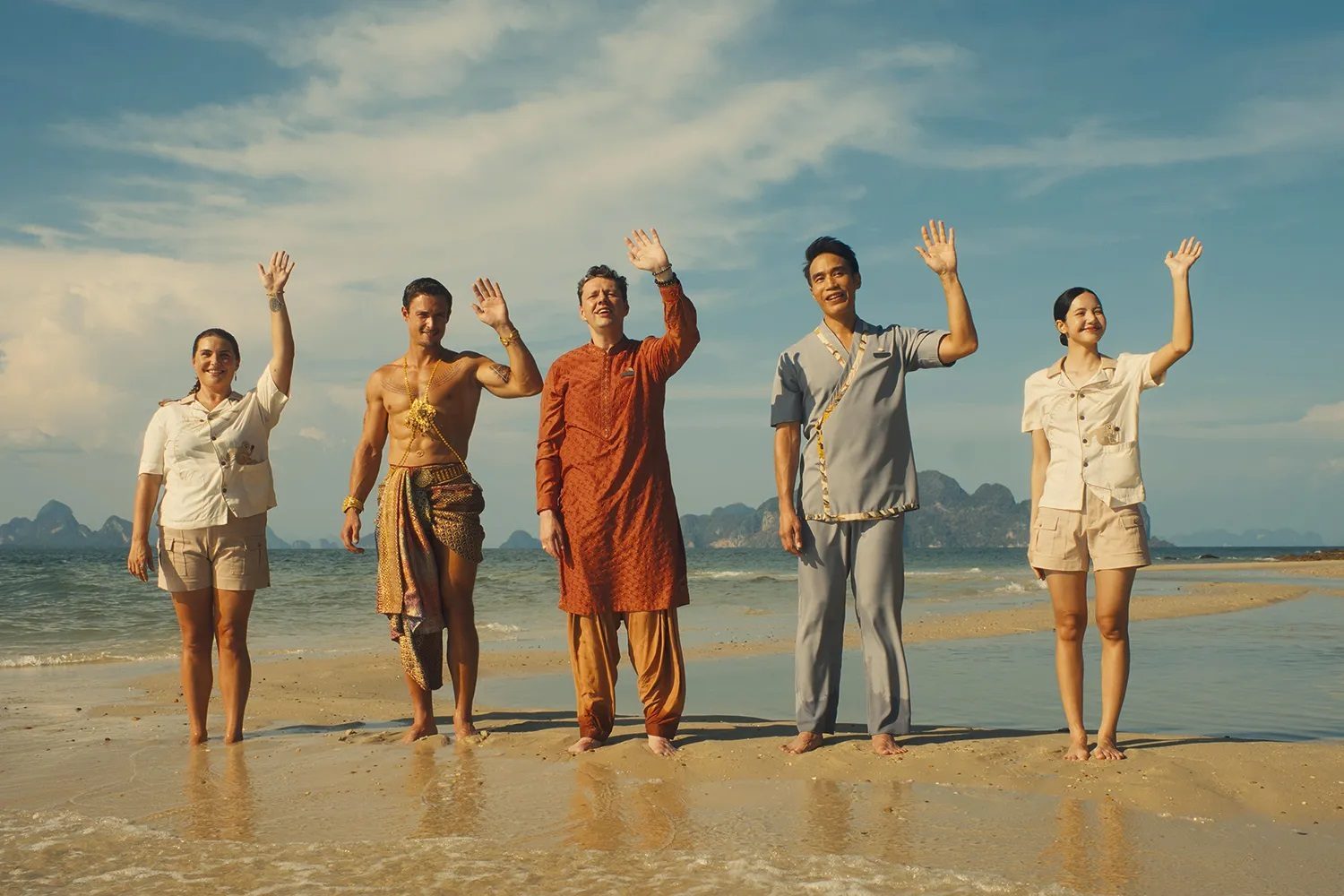

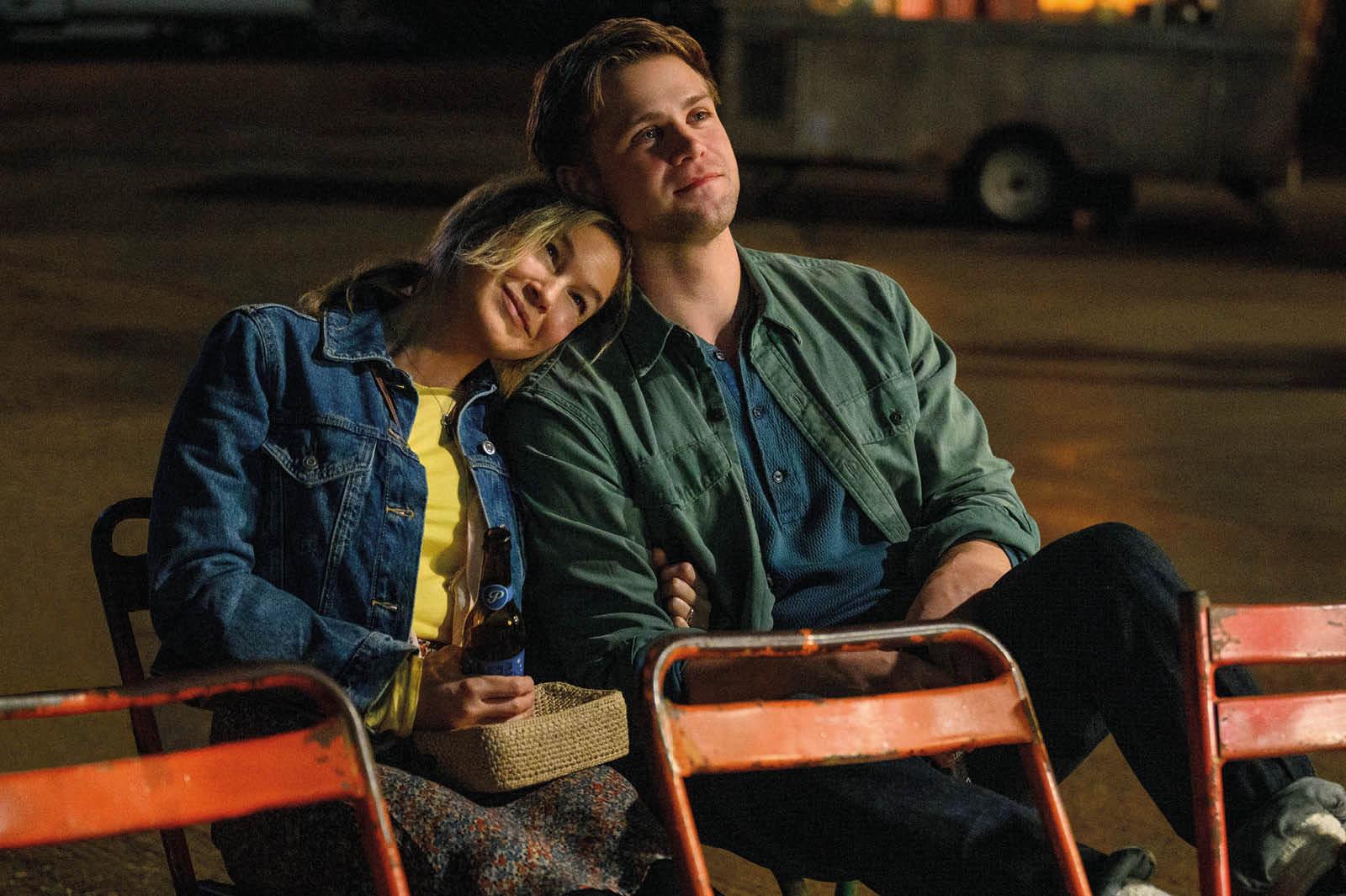

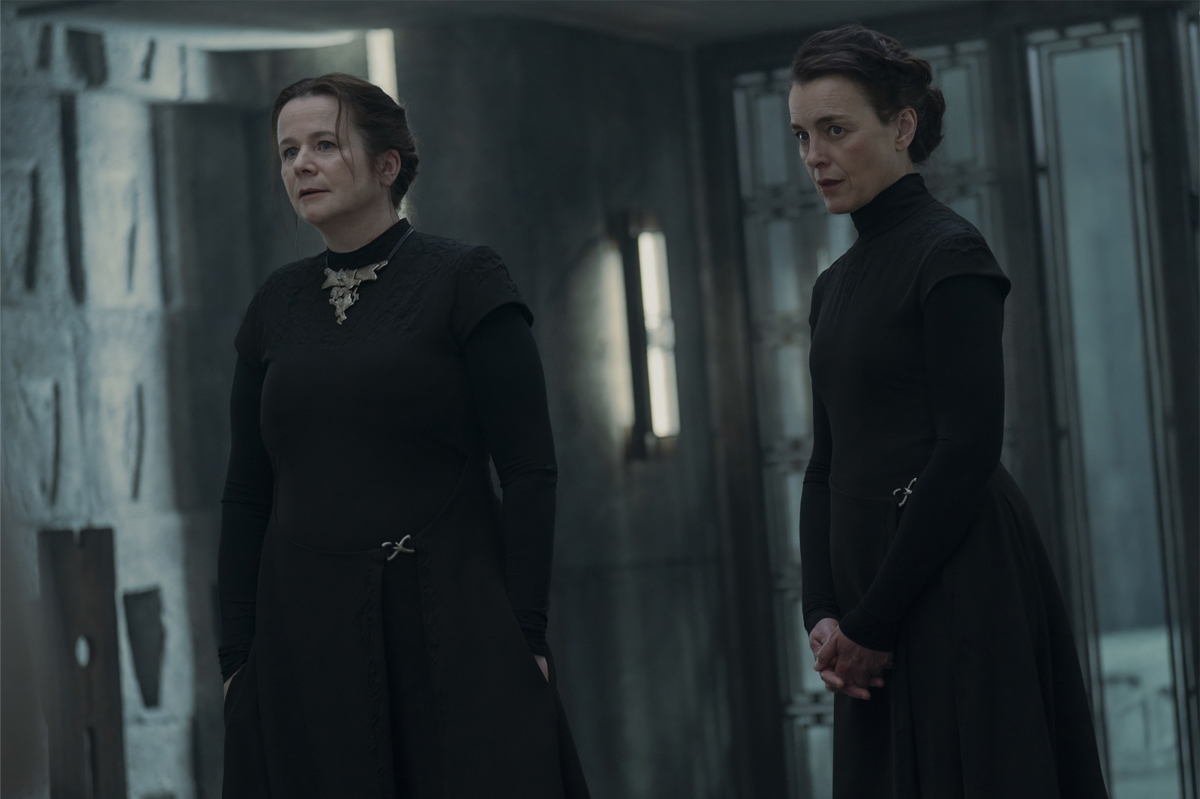







Leave a Reply